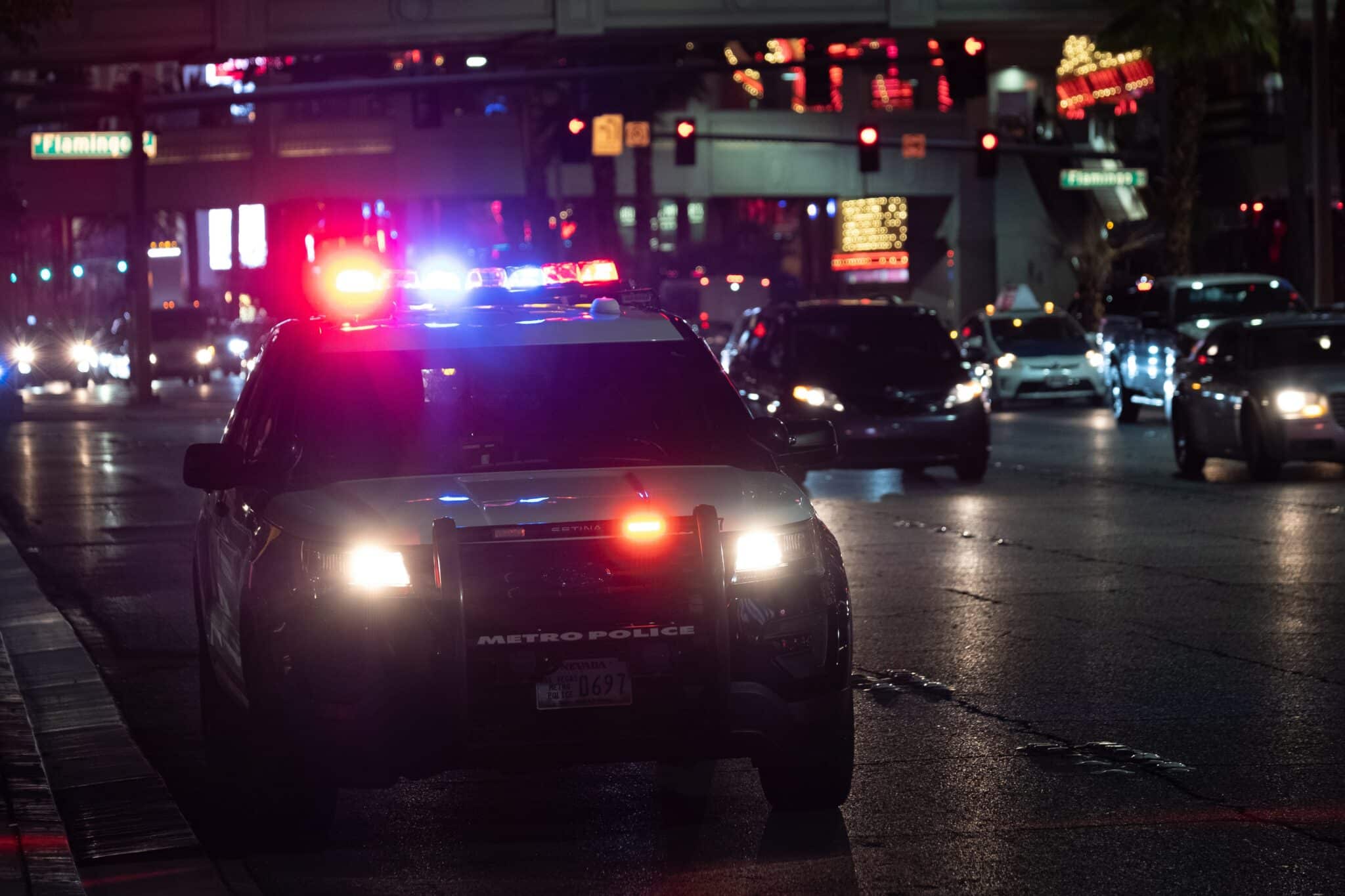
You’re on your way home, and you see it ahead, traffic starts slowing, and then you see the signs, “Sobriety Checkpoint Ahead.” A sobriety checkpoint, also known as a DUI checkpoint, is for police officers to detect people driving under the influence of alcohol or drugs or to communicate the message that police are watching for intoxicated drivers in the area.
If you are stopped at a DUI checkpoint in Maryland, there’s no need to stress, but you should know what to expect. This article will discuss your rights, what is required of law enforcement, what you should do if you get stopped, and other tips about DUI checkpoints in Maryland.
What is a DUI Checkpoint?
At a DUI checkpoint, police set up a roadblock requiring all traffic to pass through that specific section of the road. Police then randomly stop vehicles, ask for the driver’s license and registration, and ask questions about what you’ve done that evening and if you have consumed any alcohol or drugs.
DUI checkpoints can be set up anywhere. However, they’re most likely to be set up in areas known for high occurrences of alcohol-related accidents or arrests. They are normally set up late in the evening, on weekends, or during major holidays when people are most likely to drive while under the influence. In Maryland, they are more likely to be on State roads so that Maryland State Police troopers can participate.
Law Enforcement Requirements
There are legal requirements that law enforcement must follow with setting up a DUI checkpoint. Below are the conditions that must be met for a DUI checkpoint in Maryland:
- The checkpoint must be systematic, non-arbitrary, and non-discriminatory
- The purpose must be to protect public safety
- Police must publicize it ahead of time
- Drivers have to be given a chance to turn around if they don’t want to stop at the checkpoint
- It must be approved by a high-ranking member of the police force
Driver’s Rights
The United States Constitution’s Fourth Amendment protects citizens’ rights from unreasonable search and seizure and also establishes that this right cannot be violated without probable cause. Some states believe that DUI checkpoints violate a person’s Fourth Amendment rights. However, many states, including Maryland, have found that the benefits of DUI checkpoints and the reduction in the amount of DUI-related accidents and deaths offset the potential infringement on a driver’s constitutional rights.
If you are pulled over for a DUI at a checkpoint, you aren’t required to answer any questions. If you choose this, politely inform the officer that you would like to speak to your attorney prior to answering any questions. If you choose to answer questions that could be incriminating, it could provide evidence that you are intoxicated, which could lead to your arrest.
What to Do at a DUI Checkpoint
When approaching a DUI checkpoint, keep in mind the following tips.
- Stay Calm — Being stopped at a DUI checkpoint doesn’t mean that police believe you are driving under the influence. Keep this in mind, and it will help you remain calm.
- Follow the Officer’s Orders — If you are stopped at a checkpoint, the officer will likely ask for your license and registration. Have these items handy and give them to the officer when asked. If you’re asked to step out of the vehicle, exit calmly and avoid leaning on your car. Speak to the officer politely and avoid sounding agitated or rude.
- Say as Little as Possible — You have the right to remain silent, but if you choose to answer the officer’s questions, answer only the question asked and avoid volunteering any other information. Even the most innocent statement can be used against you later.
- Don’t Make a U-Turn — Since U-turns are legal in Maryland, many drivers make the mistake of making a U-turn before getting to the checkpoint. Officers keep a close eye on traffic around the checkpoint; if they see you turning around to avoid the checkpoint, it could make you look suspicious. An officer will likely follow you, and you could end up in more trouble.
Facing a DUI From a Checkpoint? Call Southern Maryland Criminal Defense
You could face severe consequences if you’ve been arrested for a DUI at a checkpoint. That’s why you should contact an experienced DUI attorney as soon as possible. Your attorney can investigate what took place at the checkpoint, look for flaws in the case against you, and work to create a strong defense strategy to help you avoid a conviction.
At Southern Maryland Criminal Defense, we have helped countless clients in your situation and are ready to help you too. Our team strives to ease your concerns by guiding you through the legal process and ensuring your rights are protected.
